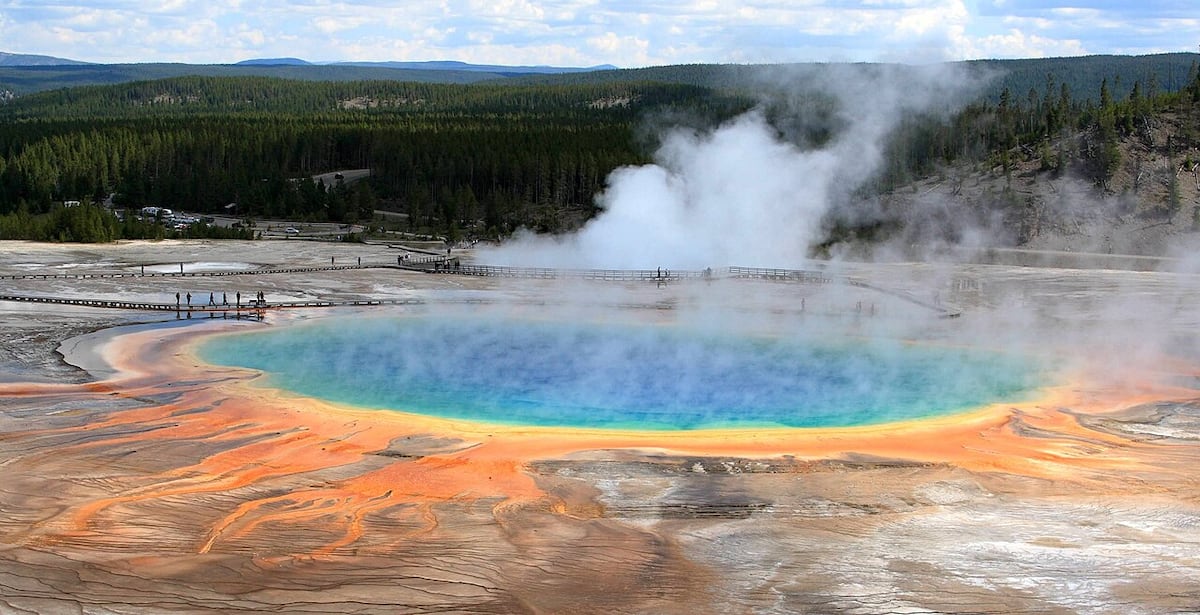
"In 1991, De Duve proposed a hypothesis about the origin of life that did not require any deity: the thioester world, a compound containing carbon, oxygen, hydrogen, and sulfur. On that primordial planet, still devoid of life, thioesters would have provided the energy necessary for chemical elements to react and form more complex molecules, such as the first genetic material, RNA."
"On Wednesday, six scientists in London announced that they had successfully triggered in their laboratory the reactions that could have occurred in that thioester world. According to Kepa Ruiz Mirazo, a biophysicist and philosopher at the University of the Basque Country, it is a major breakthrough, perhaps the most significant in recent times in the study of the origin of life."
"The same London laboratory, led by chemist Matthew Powner, 44, already demonstrated in 2019 that with ingredients present on Earth around 4 billion years ago such as hydrogen sulfide (composed of hydrogen and sulfur) and ferricyanide (carbon, nitrogen, and iron) peptides could form. These are short versions of proteins, the molecules responsible for the essential functions of life. Powner's group at University College London has now taken it a step further."
Christian de Duve was raised Catholic, educated by Jesuits, and married in the Church, but gradually lost his faith through a rational process that culminated in 1974 when he won the Nobel Prize in Physiology or Medicine for discovering lysosomes, organelles with digestive functions inside cells. In 1991 he proposed the thioester world hypothesis: thioesters containing carbon, oxygen, hydrogen, and sulfur could have provided energy on a lifeless primordial planet for chemical reactions forming complex molecules like RNA. Six scientists in London triggered laboratory reactions that could have occurred in that thioester world. The London laboratory previously demonstrated in 2019 that peptides could form from hydrogen sulfide and ferricyanide.
Read at english.elpais.com
Unable to calculate read time
Collection
[
|
...
]